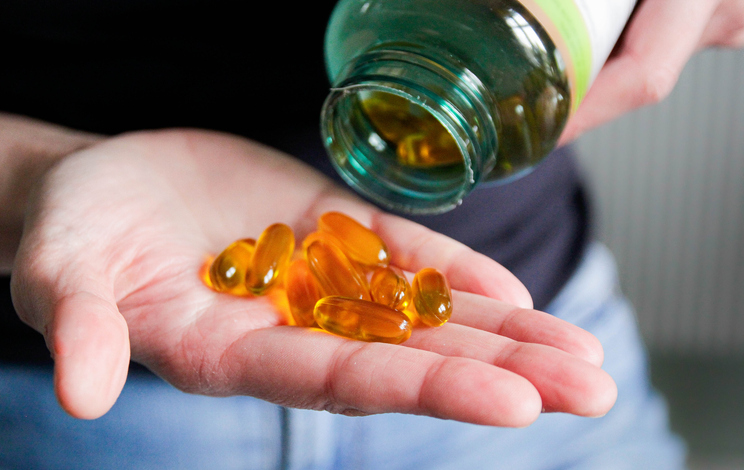Symptom management is an important part of successfully living with systemic mastocytosis (SM).
Avoiding symptom triggers through lifestyle and diet modification, medication and dietary supplements will all improve quality of life in people living with SM.
In particular, vitamin D levels need to be checked regularly and boosted through diet and supplements to help the body absorb calcium, maintain bone health and support the immune system.
What is SM?
Systemic mastocytosis (SM) is a rare hematological disease characterized by mast cells that are overactive and accumulate in different parts of the body such as the bone marrow, liver, spleen, gastrointestinal tract and lymph nodes.
SM symptoms
When mast cells release their immune response of chemicals such as histamine and cytokines into the bloodstream, this triggers an allergic reaction.
The resulting symptoms can include skin itchiness and flushing, hives, fatigue, low mood, brain fog, abdominal pain, nausea, vomiting, bone or joint pain and anaphylaxis.
The effect of symptoms can be different for each person living with SM and can range from mild to moderate to more severe.
Managing SM symptoms
The first step in managing SM symptoms is to try to avoid the triggers that activate them. It will take time to get to know your personal triggers and the best approach to prevent them from occurring.
Some triggers include sudden changes in hot or cold, physical exertion, emotional stress, friction on the skin, certain foods and medication, alcohol, insect stings and pollen.
Changes to your lifestyle and diet such as eating a low-histamine diet, incorporating regular low-impact physical activity into your lifestyle and avoiding stress will help reduce symptom episodes. Medications such as antihistamines also help manage symptom severity and duration.
The benefits of vitamin D
Vitamin D has many benefits in supporting overall health, boosting the immune system and reducing the effect of symptoms in SM. It also increases the absorption of nutrients and calcium in the body, contributing to bone health and muscle strength.
You may have a vitamin D deficiency due to a lack of sun exposure or if your diet is low in vitamin D-rich foods. In SM, digestive issues such as nausea and diarrhea may mean you are not absorbing nutrients correctly, leading to low levels of vitamin D.
If vitamin D levels are not boosted, the deficit can contribute to the deterioration of bone density, eventually leading to osteopenia and osteoporosis. It can also affect your immune system, increasing fatigue and making you more vulnerable to illness and an enhanced symptom burden.
How to increase your vitamin D intake
After checking your vitamin D levels, your doctor will advise you on how best to increase your vitamin D levels if they are low.
Getting some sun, eating foods high in vitamin D and taking supplements are effective ways of increasing your vitamin D levels. Ask your doctor for advice on how to balance your low histamine diet with eating high vitamin D foods, as they might not always align.

